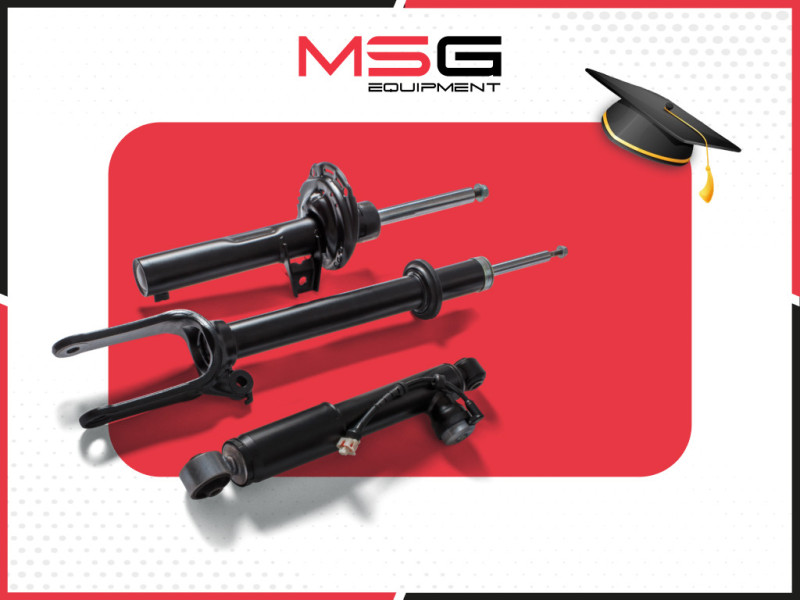Training course on diagnostics and repair of shock absorbers
What you will learn
- Structure and principles of automotive suspension systems
- Types of shock absorbers: monotube, twin-tube, adjustable
- Features of pneumatic and hydropneumatic suspension systems
- Purpose and functions of the MS201 diagnostic bench
- Interpreting diagnostic data: what to focus on
- Shock absorber repair basics and tools used
- How to professionally offer diagnostics and discuss repairs with customers

Nikita Kulaev
Educator
Our instructor is a manufacturing engineer specializing in rocket and space technology, as well as the design of rocket engines and power systems. His teaching journey began with a strong technical background and experience in delivering various courses. After receiving an invitation to join MSG Equipment, he combined his expertise with practical knowledge in diagnostics and repair.
In 1.5 years, he has trained over 20 specialists from different countries, including Ukraine, Spain, Mexico, Kazakhstan, the Czech Republic, and Poland.
His teaching methodology is based on a combination of theory and practice. Students first study key concepts and physical processes, then move on to practical exercises and real-case analysis. An essential part of the training is technical support, where the instructor provides consultations on diagnostics and repairs, as well as additional information upon request.
The main goal is to give students a clear understanding of working principles and teach them to apply their knowledge in practice.
The "Shock Absorber Diagnostics and Maintenance" course is designed for auto service professionals, beginner mechanics, service advisors, and equipment sales managers. The program covers key aspects of suspension systems, design features of different types of shock absorbers, and the specifics of working with modern diagnostic tools. Participants will gain a deeper understanding of how shock absorbers work, learn to perform diagnostics correctly, interpret the data, and confidently discuss repair options with customers. The practical part includes real-world scenarios using the MS201 diagnostic bench, analysis techniques, and discussion of common customer objections.
Who is this course for
- Auto service professionals and mechanics
- Service advisors
- Equipment sales managers
- Entry-level specialists looking to understand vehicle suspension repair
Prerequisites
- Basic knowledge of vehicle structure
- Prior experience in an auto service is recommended
Course Content
- Suspension design: components, types, functions
- Shock absorbers: types, working principles, features
- Pneumatic and hydropneumatic suspension: differences and common issues
- Adjustable shock absorbers: applications, pros and cons
- MS201 diagnostic bench: capabilities overview
- How to explain the need for diagnostics to customers
- Handling objections and identifying the target audience for suspension diagnostics
- Working with the MS201 stand: shock absorber installation, interface
- Demonstrating shock absorber diagnostics using real examples and analyzing results
- Addressing frequently asked customer questions







